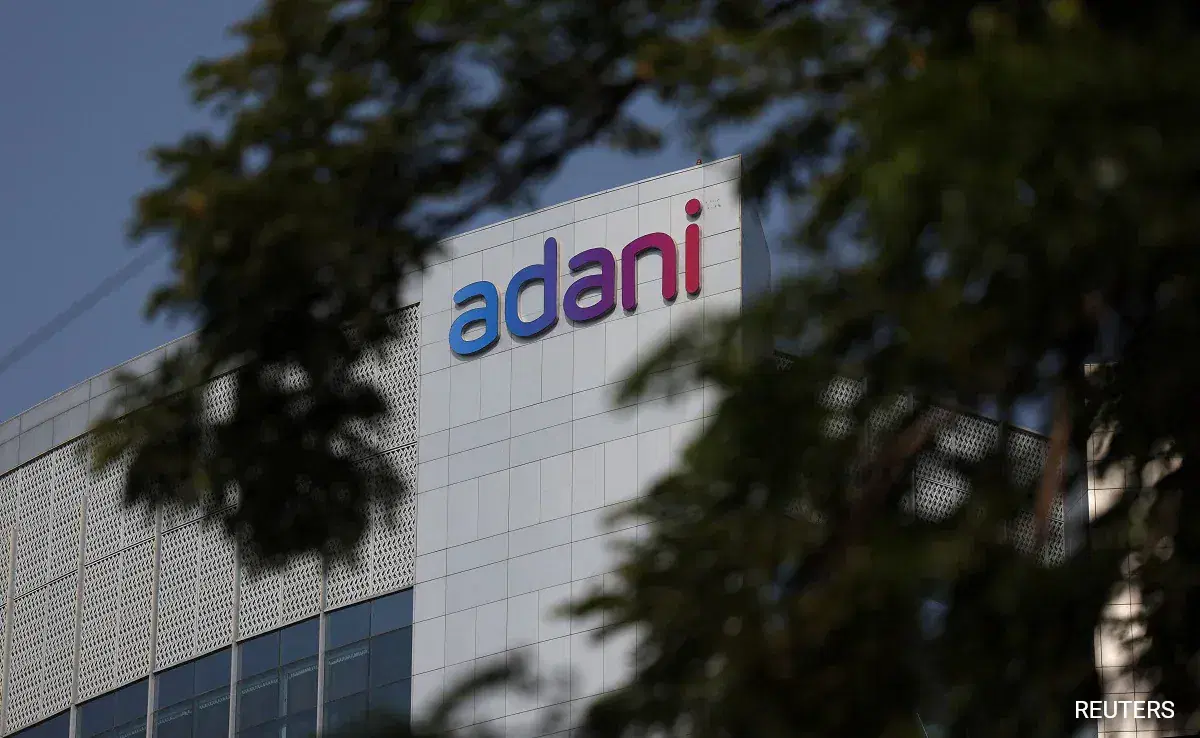Microsoft’s vice president of energy, Bobby Hollis, has said the company is considering using natural gas with carbon capture to power its AI data centers.
“That absolutely would not be off the table,” Hollis said.
However, he said “Microsoft will consider using natural gas with carbon capture for its AI data centers only if the project is “commercially viable and cost-competitive.”
Oil and gas companies have been working on carbon capture technology for years, but high costs have hindered commercial-scale deployment.
The technology traps carbon dioxide emissions from industrial sites and stores them underground.
Microsoft aims to match all its electricity use with carbon-free energy by 2030 and has secured over 30 gigawatts of renewable power.
However, the tech sector recognizes that renewables alone cannot meet the high energy demands of data centers.
Data center developers increasingly view natural gas as a near-term power solution despite its carbon emissions.
The United States is prioritizing natural gas production, with Energy Secretary, Chris Wright stating Monday that renewables cannot fully replace gas in electricity generation.
“We’ve always been cognizant that fossil will not disappear as fast as we all would hope,” Hollis stated. “That being said, we knew natural gas is very much the near-term solve that we’re seeing, especially for AI deployments.”
Exxon Mobil and Chevron announced in December their plans to enter the data center market by developing natural gas plants with carbon capture technology.
Hollis declined to confirm whether Microsoft is in talks with oil majors but said the company is having “discussions across the board with all of those technologies.”
In January, President Donald Trump told the World Economic Forum that he would use emergency powers to fast-track the construction of power plants for data centers.
“We’re just glad to see that there’s a focus on accelerating schedules to meet what we view as a pretty critical need,” Hollis said when asked about the Trump administration’s plans.











